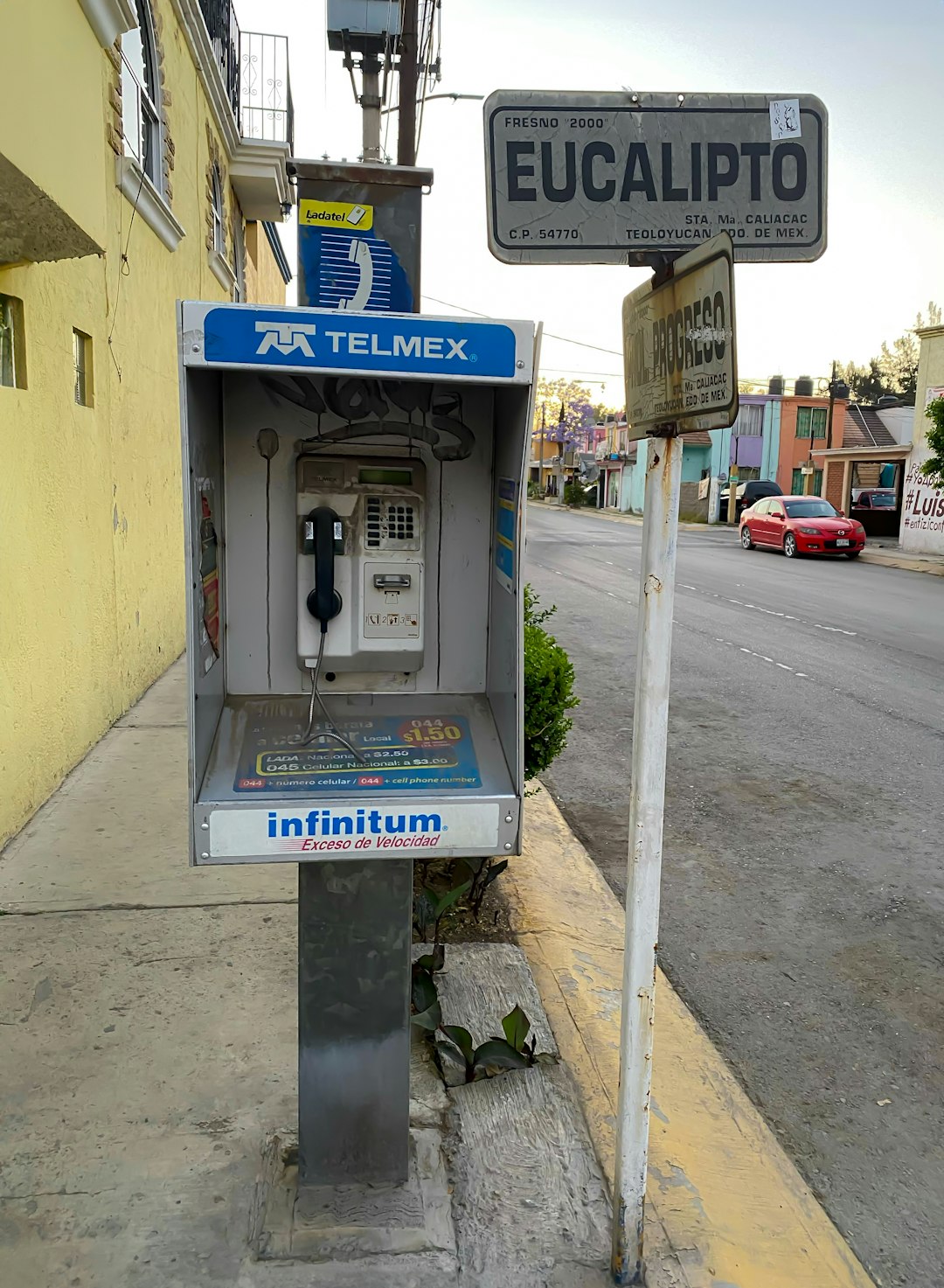Nevada's "No Call Law" protects residents from unwanted telemarketing by setting strict rules for businesses, emphasizing privacy, and enabling individuals to register on the "Do Not Call" list. Federal regulations, like the TCPA, further empower consumers nationwide, with penalties for violators. No call law firms in Nevada must navigate these complexities, staying compliant while respecting communication preferences in a highly regulated environment.
“Unraveling the complexities of No Call Laws is crucial for both residents and no call law firms operating in Nevada. This article offers a comprehensive guide, breaking down the key differences between state and federal regulations. While Nevada’s laws provide certain protections, federal guidelines offer enhanced consumer rights.
We’ll explore these distinctions, aiding no call law firms in navigating client rights and ensuring compliance. Understand the nuances of No Call Laws in Nevada to better serve your clients.”
Understanding Nevada's No Call Laws: A Comprehensive Overview

In Nevada, the “No Call Law” is a crucial regulation designed to protect residents from unwanted telemarketing calls. This law, administered by the Nevada Attorney General’s Office, sets strict guidelines for businesses engaging in outbound telemarketing activities within the state. The primary goal is to ensure consumers’ privacy and minimize disturbance from unsolicited sales calls.
Nevada’s No Call Law covers various aspects, including restrictions on calling times, requirement of prior consent, and detailed records of caller activity. It allows residents to register their phone numbers on the “Do Not Call” list, effectively blocking most telemarketing calls. For no call law firms operating in Nevada, understanding and adhering to these regulations are essential to maintain compliance and avoid legal repercussions. These laws empower Nevadans to control their communication preferences, fostering a more peaceful and less intrusive environment.
Federal No Call Regulations: Rights and Protections for Consumers

Federal No Call Regulations provide a robust framework for protecting consumers from unwanted phone calls, specifically marketing and sales calls. These regulations are enforced by the Federal Trade Commission (FTC) and give individuals significant rights to stop receiving unsolicited calls. Under these laws, no call law firms in Nevada, or anywhere else, must obtain explicit consent from recipients before making telemarketing calls.
Consumers have the right to register their phone numbers on the National Do Not Call Registry, which effectively bars most commercial calls within 30 days. Moreover, federal laws allow recipients to request cessation of calls from specific callers and impose penalties for violations. These protections ensure that residents of Nevada and across the country can enjoy a greater sense of privacy and peace by curtailing unwanted phone marketing efforts.
Key Differences: Navigating State vs. Federal No Call Laws for No Call Law Firms in Nevada

Navigating state and federal no-call laws presents unique challenges for no-call law firms in Nevada. While both sets of regulations aim to protect residents from unwanted calls, there are distinct differences that these firms need to understand to ensure compliance and maintain client relationships. One key difference lies in the scope of coverage; federal laws apply universally, whereas state laws vary across jurisdictions.
In Nevada, no-call laws specifically target telemarketing and sales calls, offering residents a break from persistent advertisements. However, federal regulations, such as the Telephone Consumer Protection Act (TCPA), often have broader implications, including restrictions on automated dialing systems and text messages. No-call law firms must stay updated with these nuances to tailor their practices accordingly. Additionally, state laws may allow certain types of calls, like non-commercial or charity-related ones, that federal regulations might prohibit, creating a complex landscape for businesses to navigate.






